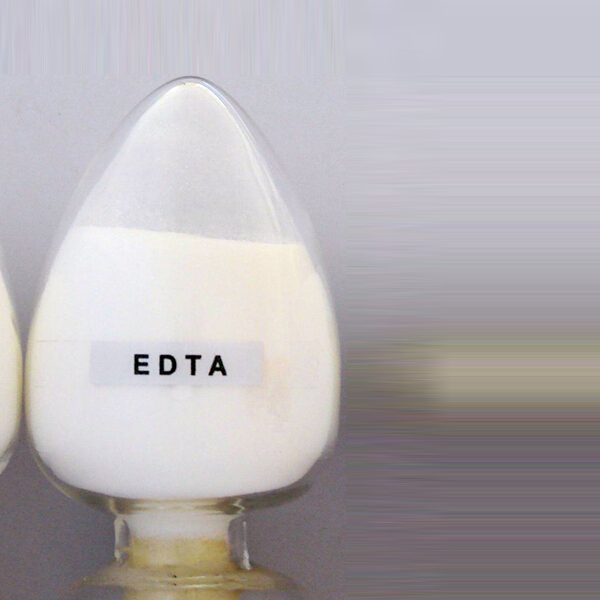
News
Nov . 30, 2024 04:02 Back to list
Development of a Tailored Chelating Agent Inspired by EDTA for Enhanced Metal Recovery
Custom Chelating Agent EDTA A Comprehensive Overview
Chelating agents are vital components in various fields, including medicine, agriculture, and environmental science. One of the most widely used chelating agents is Ethylenediaminetetraacetic acid, commonly known as EDTA. This article explores the characteristics, applications, and significance of custom chelating agent EDTA.
What is EDTA?
EDTA is a synthetic amino acid that acts as a chelating agent, meaning it can form stable complexes with metal ions. The molecule has four carboxylic acid groups and two amine groups, which allows it to bind effectively with various metal ions, such as lead, cadmium, mercury, and calcium. The ability to form these complexes plays a crucial role in various applications.
Mechanism of Action
The mechanism by which EDTA functions involves its ability to envelop metal ions. When EDTA encounters a metal ion, such as lead, it forms a coordinate bond, resulting in a stable chelate complex. This complex remains soluble, allowing the metal to be excreted from the body or removed from the environment effectively. The stability of these complexes makes EDTA an excellent candidate for both medical and industrial applications.
Applications of EDTA
1. Medical Uses EDTA is used in chelation therapy to treat heavy metal poisoning. For instance, individuals who have been exposed to high levels of lead can benefit from EDTA injections, which help to eliminate lead from the bloodstream. In addition to lead, EDTA is effective in binding other heavy metals, making it a versatile treatment option.
2. Agriculture In agriculture, EDTA is commonly used to chelate micronutrients, such as iron, zinc, and manganese, making them more bioavailable to plants. This enhances nutrient uptake, leading to healthier crops and increased yields. Custom formulations of EDTA can be tailored to meet the specific needs of different soil types or crop species, optimizing their effectiveness.
custom chelating agent edta

3. Industrial Applications EDTA plays a significant role in various industrial processes. It is used in cleaning products, detergents, and water treatment applications due to its ability to sequester metal ions that can cause scaling and corrosion. Furthermore, EDTA is utilized in manufacturing processes, such as textiles and paper, to ensure product quality and longevity.
4. Environmental Remediation The environmental impact of heavy metals is a pressing concern, and EDTA can be instrumental in remediation efforts. It is used to extract heavy metals from contaminated soil and water, facilitating clean-up operations. Custom EDTA formulations can be developed to target specific contaminants and enhance their effectiveness in diverse environmental conditions.
Custom EDTA Formulations
The versatility of EDTA is further amplified by the ability to create custom formulations tailored to specific applications. Researchers and manufacturers can modify the concentration and form of EDTA based on the intended use. For example, different salts of EDTA may be more effective in certain environments or for particular heavy metals. Furthermore, the pH and ionic strength of the solution can also be adjusted to optimize performance in various settings.
Safety and Environmental Concerns
While EDTA is generally regarded as safe for use in the above applications, there are environmental concerns related to its persistence in ecosystems. As a chelating agent, EDTA can bind to essential nutrients and metals, potentially disrupting local ecosystems. Consequently, ongoing research seeks to develop biodegradable or less persistent alternatives to EDTA, ensuring effective remediation without long-term ecological impact.
Conclusion
Custom chelating agent EDTA is a powerful compound with diverse applications across medical, agricultural, industrial, and environmental fields. Its ability to form stable complexes with metal ions makes it an indispensable tool for treatment and remediation. However, the environmental implications of its use necessitate careful consideration, prompting ongoing efforts to develop more sustainable alternatives. As research and technology progress, EDTA and its custom formulations will undoubtedly continue to play essential roles in addressing heavy metal contamination and enhancing nutrient availability in various applications.
-
Polyaspartic Acid Salts in Agricultural Fertilizers: A Sustainable Solution
NewsJul.21,2025
-
OEM Chelating Agent Preservative Supplier & Manufacturer High-Quality Customized Solutions
NewsJul.08,2025
-
OEM Potassium Chelating Agent Manufacturer - Custom Potassium Oxalate & Citrate Solutions
NewsJul.08,2025
-
OEM Pentasodium DTPA Chelating Agent Supplier & Manufacturer High Purity & Cost-Effective Solutions
NewsJul.08,2025
-
High-Efficiency Chelated Trace Elements Fertilizer Bulk Supplier & Manufacturer Quotes
NewsJul.07,2025
-
High Quality K Formation for a Chelating Agent – Reliable Manufacturer & Supplier
NewsJul.07,2025
